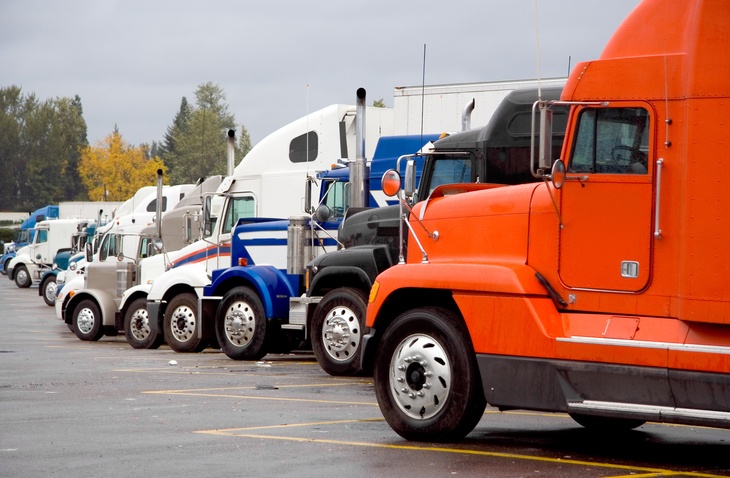With the logistics industry continually growing and redeveloping, freight brokers and 3PLs are taking to new heights for becoming more efficient. The reasoning? Efficiency = increased revenue. Trailer pools are the new hot topic of the logistics industry, could this increase shipper and carrier efficiency?
Presently, the 3PL industry is over $150B in annual revenues with a total of $50B in gross margin generated from the revenue total. Most trucking companies are outsourcing 42% of their capacity to other carriers and roughly 20% of for-hire freight is facilitated by brokerages and 3PLs.
This is evidence of how significant 3PLs have become within the trucking industry. Now let’s look at the differences between brokerage & 3PLs:
Brokerages:
- Not asset-based, don’t own their own equipment to transport shipments
- Best for shippers with unpredictable transportation needs
- Connected to many trusted carriers that offer varieties of services
- Not involved in the planning and optimization of supply chain strategy
- Works for an as-needed basis
3PLs:
- Plays a strategic role in supply chain optimization
- Establishes a long-term relationship with supply chain managers
- Involved in the entire planning process
- Works with shippers to create a unified logistics solution
- Connected to many trusted carriers just like a broker
- Occasionally deploy their own assets to bring down the cost for shippers

In the future, experts believe the industry is likely to see the usage of trailer pools. What is a trailer pool? Essentially, trailer pools are a way to tranche together a subset of trailers in an area that doesn’t have much freight and get them to a better area without them having to deadhead there for $0. These trailers don’t necessarily have to come from the same carrier – that’s the beauty of it.
Shippers benefit from a cheaper average price. While carriers benefit from a guaranteed move.
When we consider the practical usage of trailer pools, it’s a tough call on how to best use them. Are these trailer pools a good thing or a bad thing? It’s a situation that can have effects on those using a pool and those without.
Pros:
- Allows loading and unloading to happen without a driver being present, efficient
- Shipper is given flexibility in loading and unloading which prevents congestion in docks
- Reduces the severity of detention spending that shippers pay out for creating delays
- Fleets can allow their drivers to maintain loaded miles (happy CFOs and drivers)
- Creates a consistent price point for those in the pool
- Allows carriers the ability to improve data recording
Cons:
- Creates a freight that is often less desirable for larger commercial fleets
- Requires a great amount of investment
- Carriers can sometimes become concerned of customers abusing the pool
- Trailer pools that are too small may result in customers being underserved
- Profit loss when carriers are not moving cargo
- Can create an influx in pricing for those not involved within a trailer pool of a certain area
- Increase in enforcement and collections for detention if a shipper abuses the pool
FacebookTwitterShare

